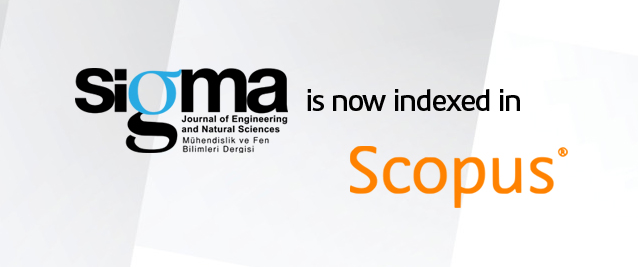Abstract
Truck drivers’ involvement in road traffic accidents increases the accident’s severity. Predicting and identifying the significant parameters responsible for truck drivers’ involvement in accidents is one of the sustainable measures in reducing accident severity. The study compares the performance of three machine learning models (Naïve Bayes, support vector machine, and K-nearest neighbor) for the prediction of truck drivers’ involvement in an injury accident using 248 datasets obtained through questionnaire survey. The models’ input includes driver’s demographics (age, education), involvement in an injury accident, distance traveled in a week, driving experience, type of truck driving, presence of co-driver, sleeping on the wheel, and average daily driving hours. The models were evaluated using accuracy, F1-score, and AUC parameters. The Naïve Bayes model outperformed both the K-NN and SVM models by almost 10.5% and 6.9%, respectively. The Naïve Bayes model classifies the injury accidents with a moderate accuracy with kappa value of 0.4748 higher than K-NN (0.2628) and SVM (03390). Three different algorithms were also used to rank the relevance of the parameters in increasing the severity of truck-involved accidents. The study shows sleeping on wheels and distance traveled per week are the most significant factors contributing to truck drivers’ involvement in injury accidents. Gender, age, and driving hours were found to be the least influencing factors.















